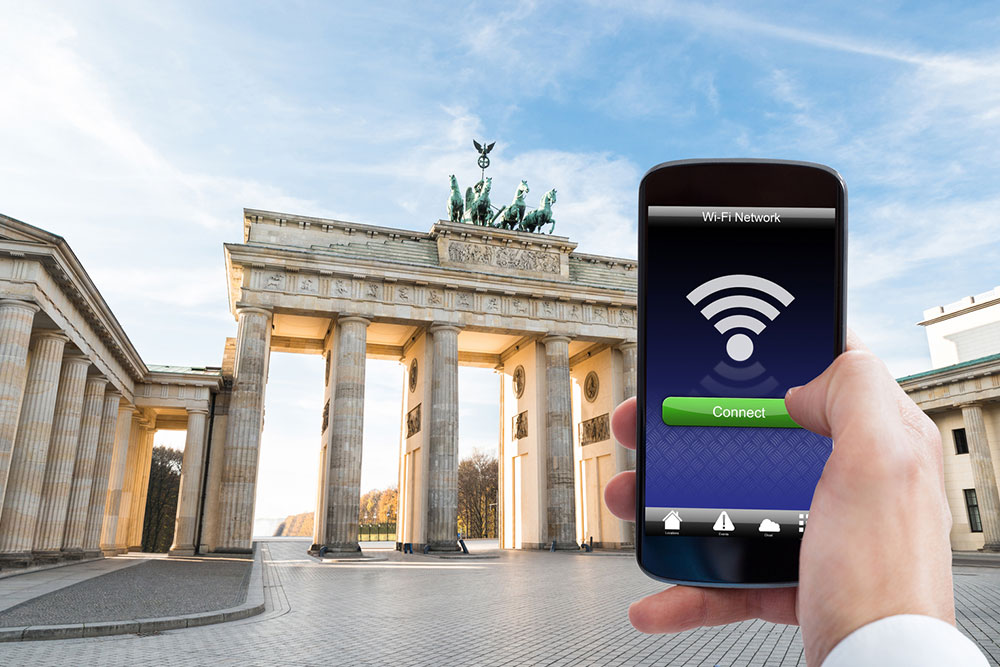7 Ways to Reduce Data Plan Usage and Avoid Overage Charges

At some point in their lives, everyone has turned off the Wi-Fi on their smartphones for several days and relied on phone plans to use the Internet. In such cases, it is easy for individuals to run out of data on their phones sooner rather than later. Doing so then leads to overage charges that progressively increase with time. Here are certain proven ways to use data more judiciously and, thereby, largely avoid overage charges:
1. Using Wi-Fi wherever possible
A useful way to save data is to keep one’s phone’s Wi-Fi on at all times. In that case, the cell phone would automatically detect any open and usable Wi-Fi networks if they were available. If the network is safe to use and provided by an authorized provider, cell phone users can connect to it for browsing purposes and save large amounts of phone plan data. Even if the public Wi-Fi is slow, users can use it to avoid the prospect of overage charges and phone data exhaustion. An efficient way to ensure this is by setting a reminder to turn back on one’s Wi-Fi afterward in case they have to turn it off for a while.
2. Knowing one’s data plans and allowances
Users can purchase lucrative and useful internet phone plans from service providers such as AT&T, T-Mobile, US Cellular, and Verizon. Once they buy the plans they want, they need to check the little details of the plans properly. For instance, they can check their plans to see how much data is included daily or monthly. Individuals who purchase a shared data plan can check with their service provider if they have added protection against overages. Additionally, one needs to be mindful while buying plans and only select the ones that come with the “carryover” feature. With this feature, users can carry forward the cumulative amount of unused data from the previous week or month for future usage.
In these ways, users can have total control of their phone plans and regulate their usage accordingly.
3. Monitoring one’s data usage
The Internet can be an endless rabbit hole at times, meaning that when one surfs through websites, streams videos, or listens to music, they may tend to forget after a while that their phone data may be getting used for these activities. As a result of such obliviousness, users commonly burn all their available data and unknowingly get into overage territory. This is why people need to keep track of how much data they use daily. Most smartphones today come with data limiters and tracking features for users to monitor how much data they are using. Suppose such a feature is not built into a user’s phone. In that case, they can simply download and install apps that actively track this information and notify users whenever they approach or exceed the data usage limit they have set for themselves.
4. Downloading streaming content on smartphones
Smartphone apps work relentlessly, even when the device is sleeping or locked. Unsurprisingly, such apps use the phone’s data or Wi-Fi to regularly update themselves or their content. As a result, if smartphone apps are left unchecked, they can be major data depletors. To control data usage through apps, users can download as much streaming content from them onto their devices. This content includes TV shows, films, music, and podcasts. If there is enough storage space on the phone, users can also keep the downloaded files for long periods of time. This allows users to play the content even when they are offline.
5. Disabling location tracking on smartphones
Many apps request smartphone users to allow them to access their live location. Once the user gives this permission, these apps link with the device’s GPS and other location-tracking components to constantly monitor where the smartphone is at any given point in time. Location tracking is a major source of data consumption as it constantly sends information to the apps’ servers and connects with the GPS to relay location-based details back and forth across multiple digital points.
Therefore, one must turn off their location tracking if it is unnecessary. Additionally, users should not give access permissions to apps that request them to switch on location tracking on their devices.
6. Turning off the background app refresh
Streaming and news apps tend to constantly refresh their interfaces with brand-new, real-time data for users to stay constantly updated. Smartphone users can actually disable this refreshing by turning off the “background app refresh” on their devices. Also, users can turn off the “auto-update” feature on their smartphones to avoid data usage when an app updates itself.
7. Switching to unlimited data plans
This is arguably the most complete and all-encompassing solution to data over-usage for smartphone users. Unlimited data plans tend to be on the pricier end of the cost spectrum but, as the name implies, offer unlimited data access to users. This enables them to surf the internet, watch movies, or listen to songs online without the nagging headache of data consumption. Unlimited plans offer the perfect solution for individuals who struggle to control and regulate their data usage.
In this way, users can completely negate the overage charges and data overconsumption risk.

